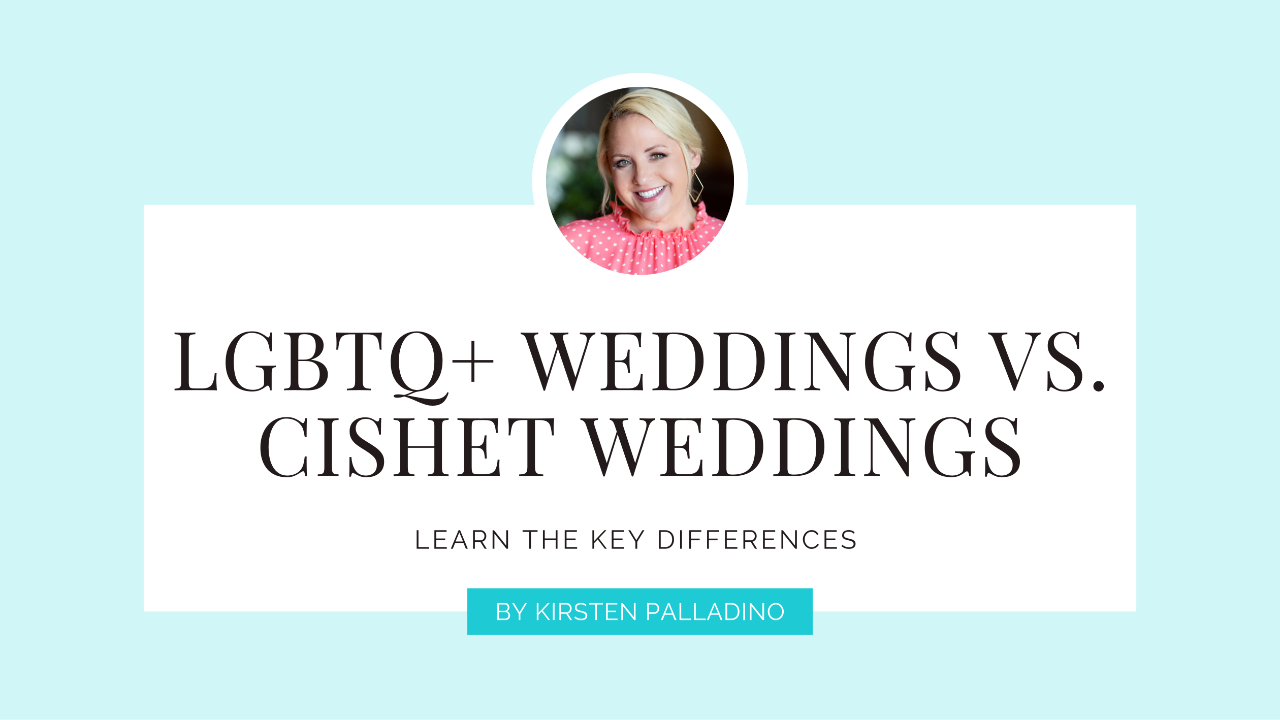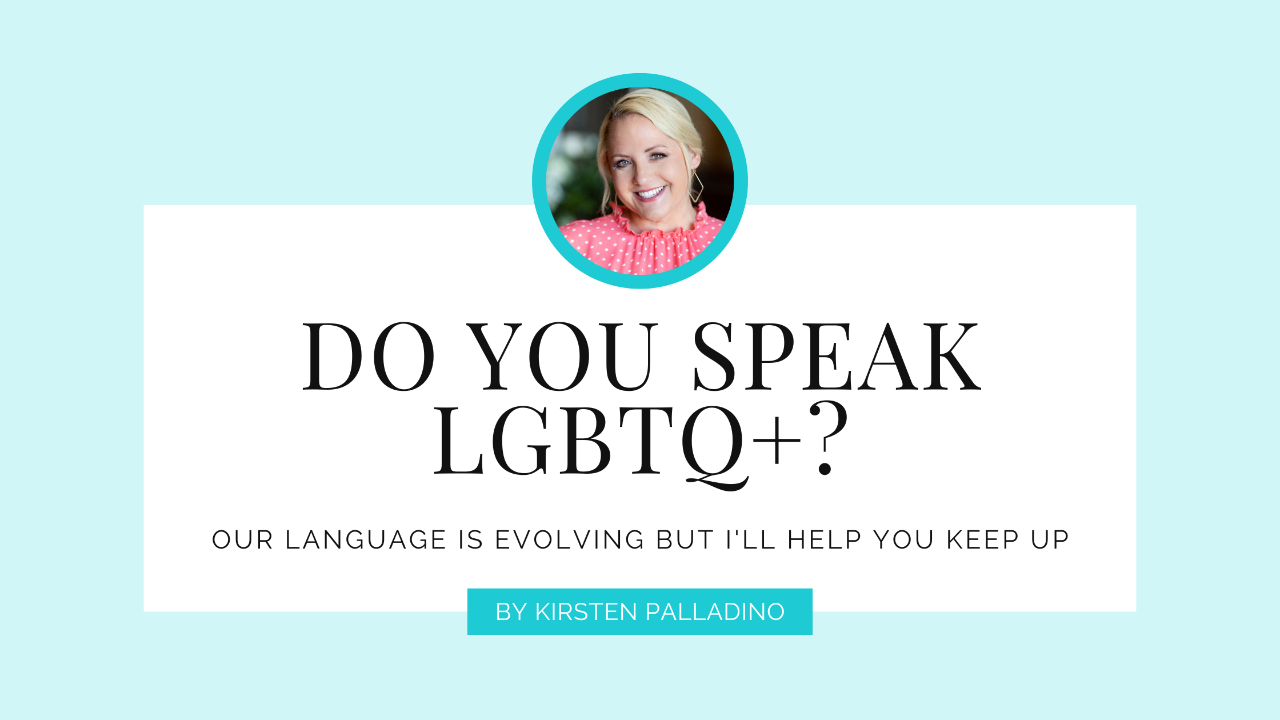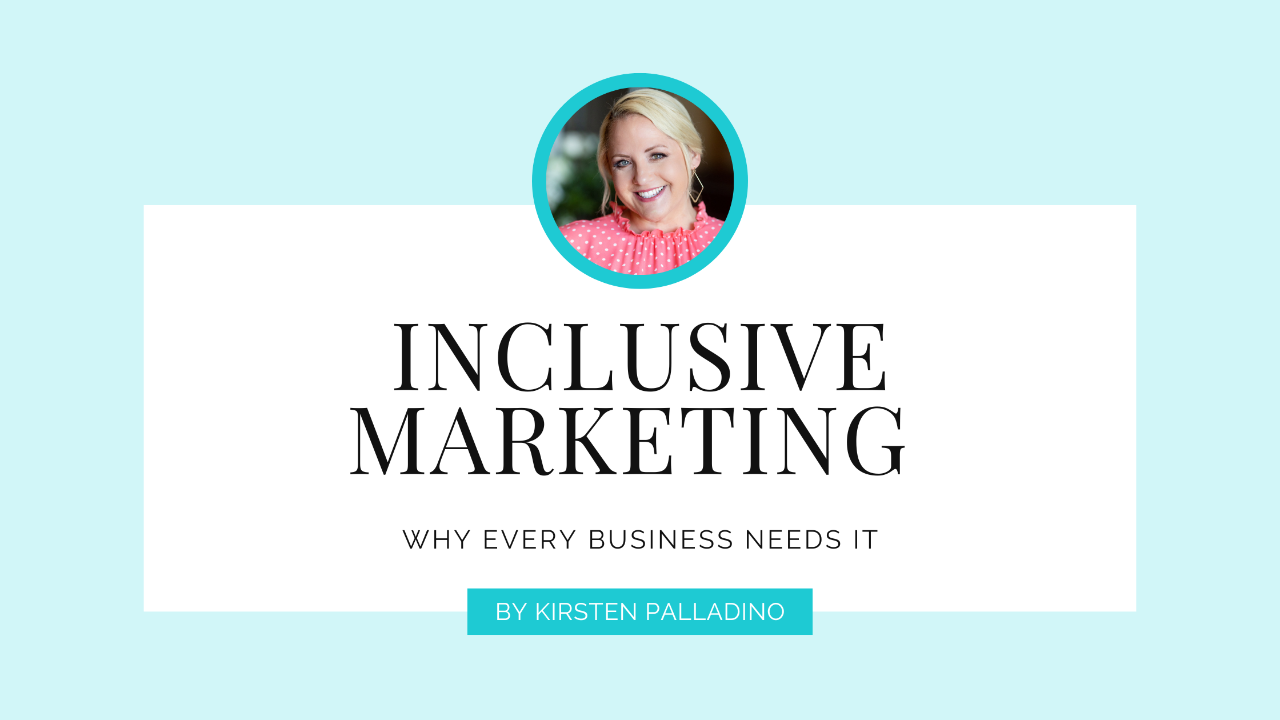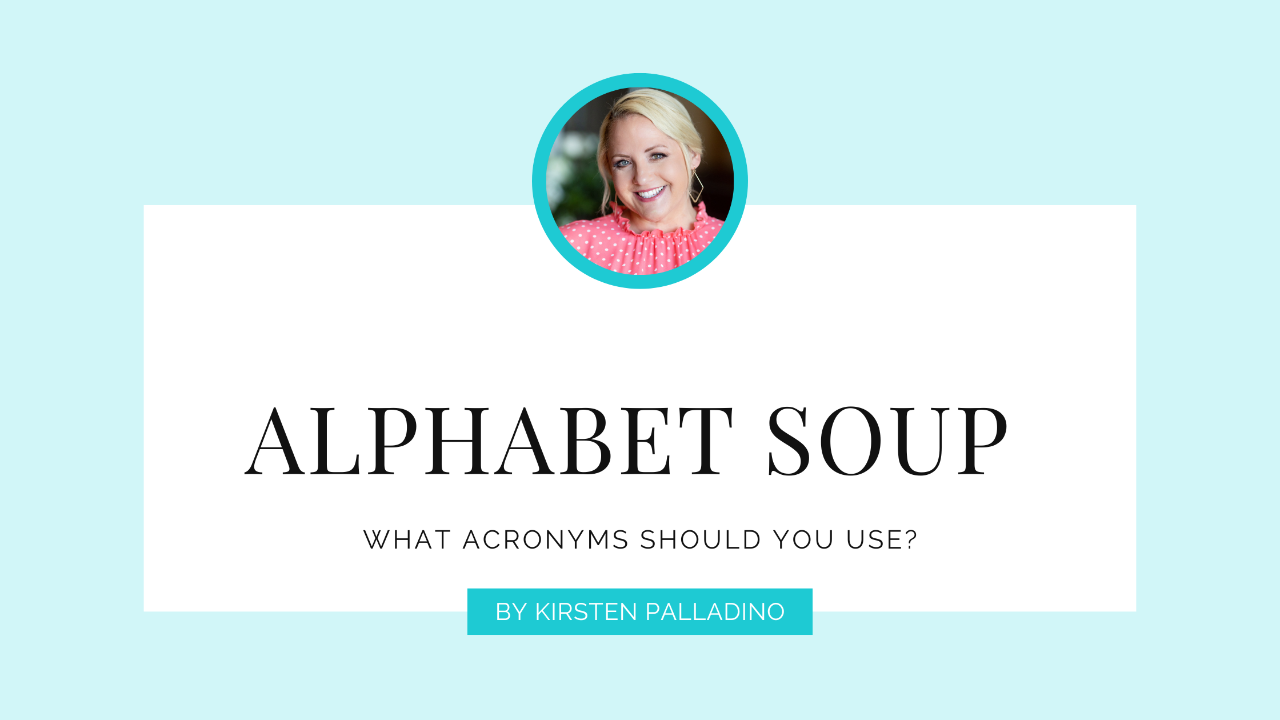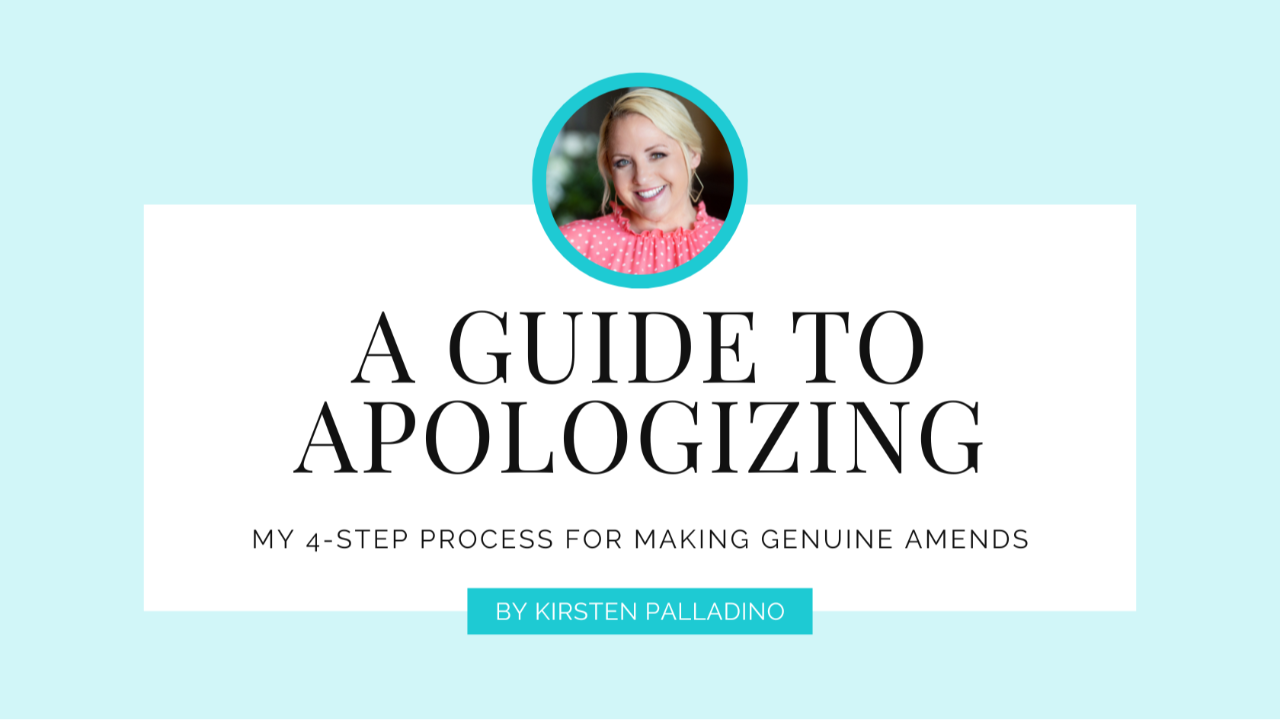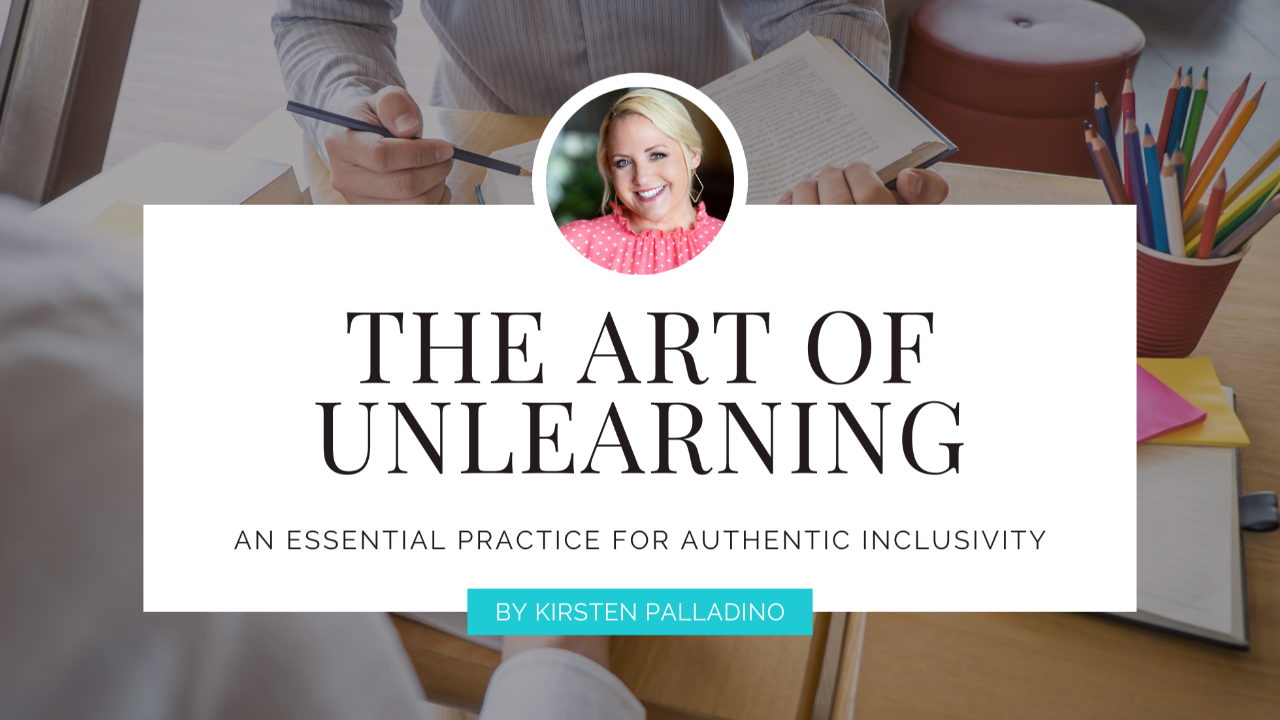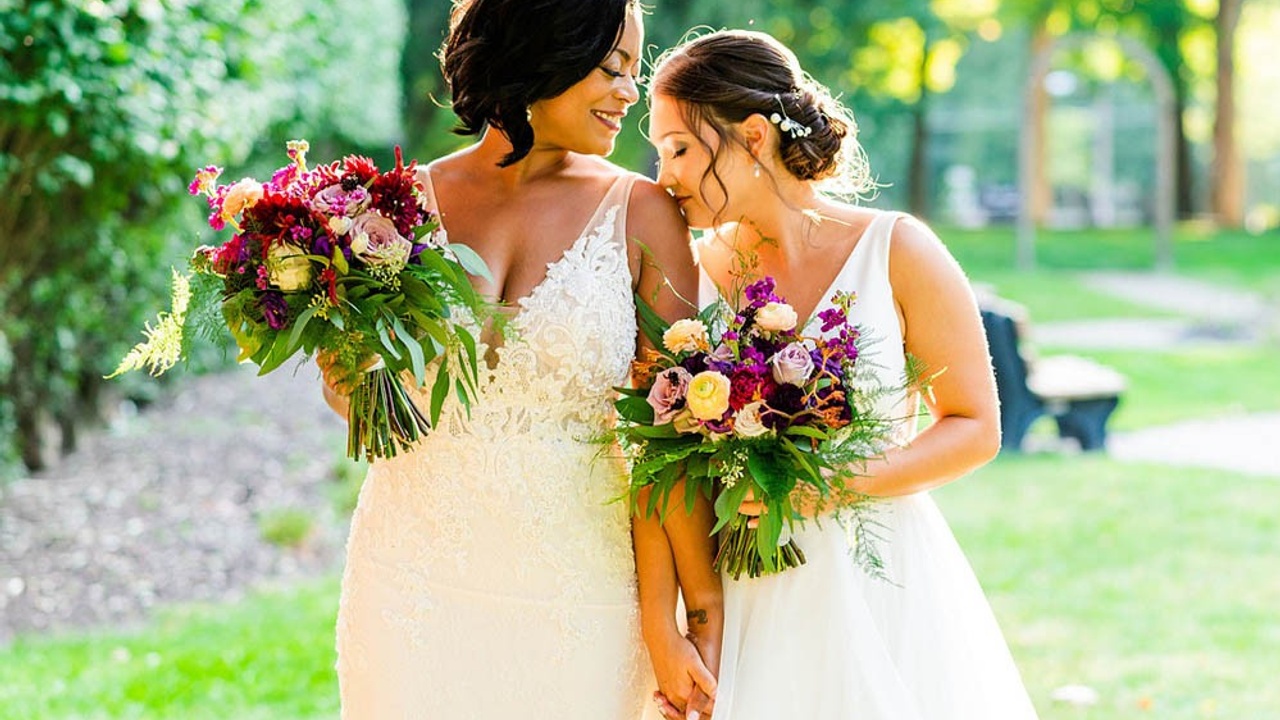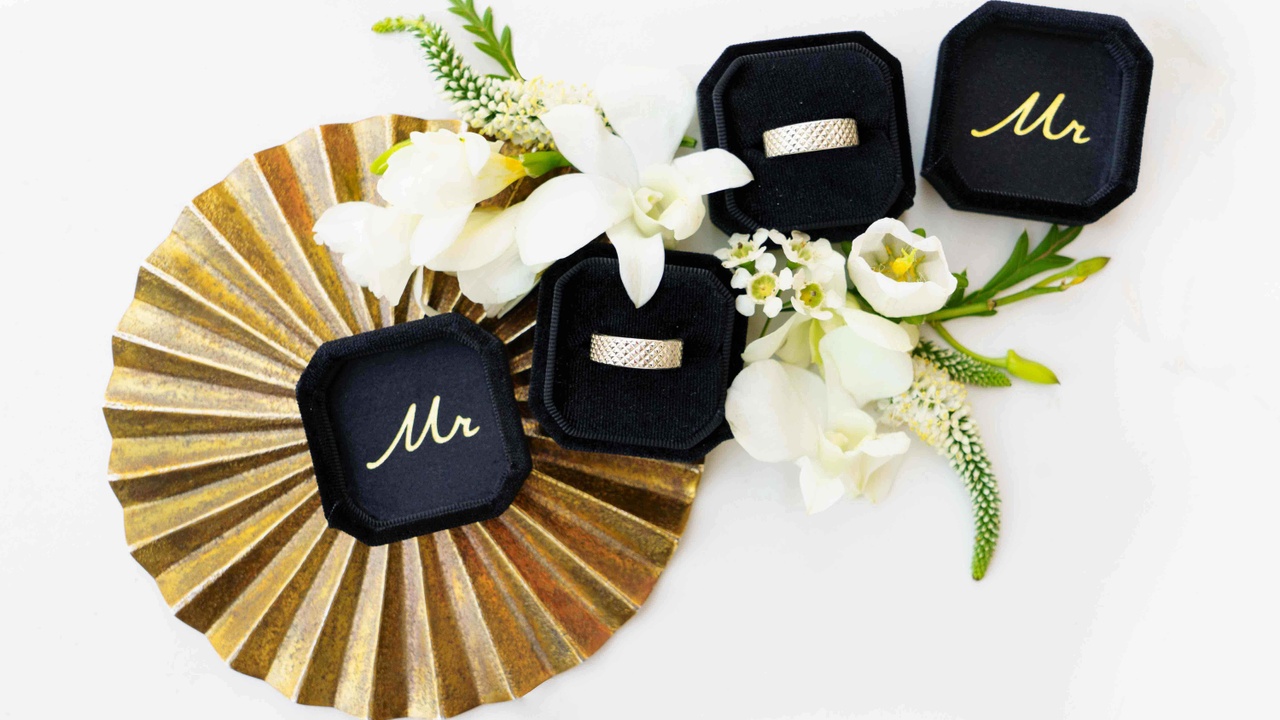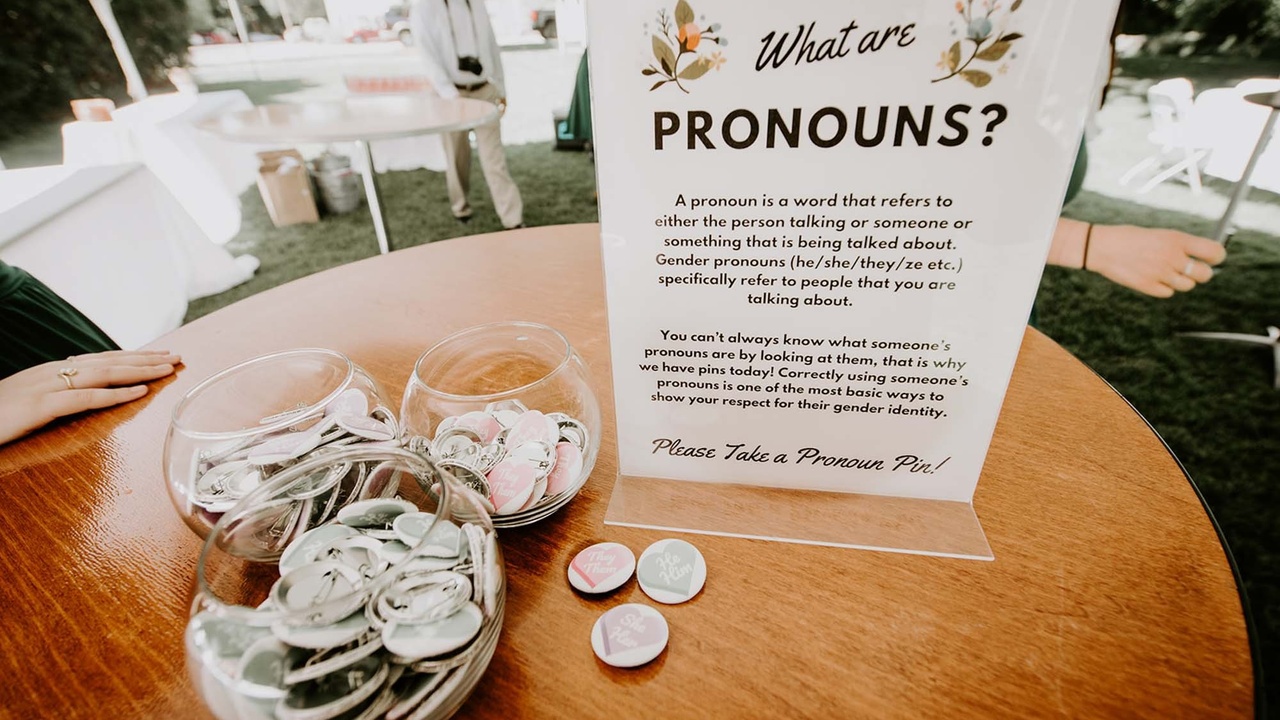Equally Wed Pro Blog
Weddings are about people coming together, celebrating their love and committing to a lifetime of partnership. However, planning a wedding and all the details that go into it can be quite overwhelming...
One of the most common misconceptions I hear from people of all identities and orientations is that there is no difference between LGBTQ+ weddings and cishet weddings. (More accurately, some people cl...
Ciao, love champions! I just returned from a trip to Venice, Italy, where I was honored to take the stage twice in two days as the keynote speaker at the first-of-its-kind LGBTQ+ Wedding Congress. As ...
We all need inclusive marketing for our businesses. Inclusive simply means to include everyone, and inclusive marketing, in its simplest explanation, is to include everyone in your marketing.
In toda...
Talking about the LGBTQ+ community can feel like a tongue twister with all our letters, and if you’re anything like many of my students, it can feel like we keep adding letters just to mess with peopl...
You've messed up, and maybe you're thinking something like: Will everyone hate me? Am I going to be canceled? Is it really a big deal or can I recover from this? And what should be first but is often ...
For inclusivity in the wedding industry, hospitality, or in any facet of personal or professional matters, we need to approach it with the understanding that we’re going to need to unlearn some things...
More wedding and event pros are opening their hearts and business doors to the LGBTQ+ community. As this welcoming happens, it’s important to take note of the level at which businesses are saying yes ...
By Kirsten Palladino
Historically, people who are getting married have had to choose between two wedding titles: bride or groom. However, not everyone feels comfortable with those options. As an LGBT...
One of the reasons working with LGBTQ+ couples is so much fun is because it often calls for tons of creativity. Couples must morph heteronormative traditions into ones that work for them, and as such,...
Switzerland will officially legalize marriage equality and LGBTQ+ adoption after almost two-thirds of Swiss voters chose love in a Sunday referendum.
This will make Switzerland the 30th country to le...
Adventurous couple Christy and CaSandra got engaged in Maui and then eloped on a private beach in Moorea, French Polynesia. (See more from their wedding feature on equallywed.com.)
In an idyllic way ...


